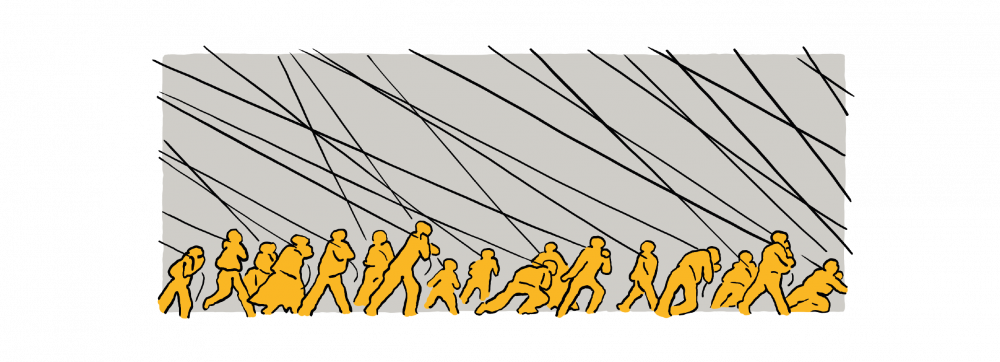RHEA Centre of Expertise Gender, Diversity & Intersectionality
is pleased to present
The First Annual Machteld de Metsenaere Lecture
Thursday, December 3, 2015, 5-7 pm
Promotiezaal (Campus Etterbeek, room D.2.01 in building D)
Carrying as a Feminist Method
by Nirmal Puwar (Goldsmith College)
The body has a memory, and embodied sensibilities shape our research in ways that we yet have to fully understand. This paper unpacks the notion of “carrying” as an embodied set of experiences and influences that bear upon us in the selection or avoidance of research matters. This discussion considers the informative and affective properties of sensibilities that touch our research directions. It is well recognised that we acquire and carry a body of books for company. What is not so easily acknowledged is the small incidents that stay with us and which often unknowingly offer anchorage to our points of attention. Commonly we carry a set of aesthetics which we struggle to give legitimacy. Most often the risks of anthropological romanticism or scientific reductionism constrain our attempts to work with different ways of being, seeing and feeling. This lecture considers the example of Giddha (Punjabi song and dance between women) that provides an instance of embodied transnational carrying of stories, voice and humour. This however is not an exercise in museum preservation or a politics of salvation.
Nirmal Puwar is Reader in Sociology and Co-Director of Methods Lab at Goldsmith College, University of London. Her work explores postcolonialism, institutions, race and gender, and critical methodologies. She is author of the book Space Invaders: Race, Gender and Bodies out of place (2004) and co-editor of eighteen collections, including: Live Methods; Intimacy in Research; Post-colonial Bourdieu; Fashion and Orientalism and South Asian Women in the Diaspora. She is co-convenor of the Race Forum of the British Sociological Association. In her recent work she has collaboratively worked on a number of projects involved with inventive and public methods.
The lecture is followed by a response by Sarah Bracke (RHEA)
